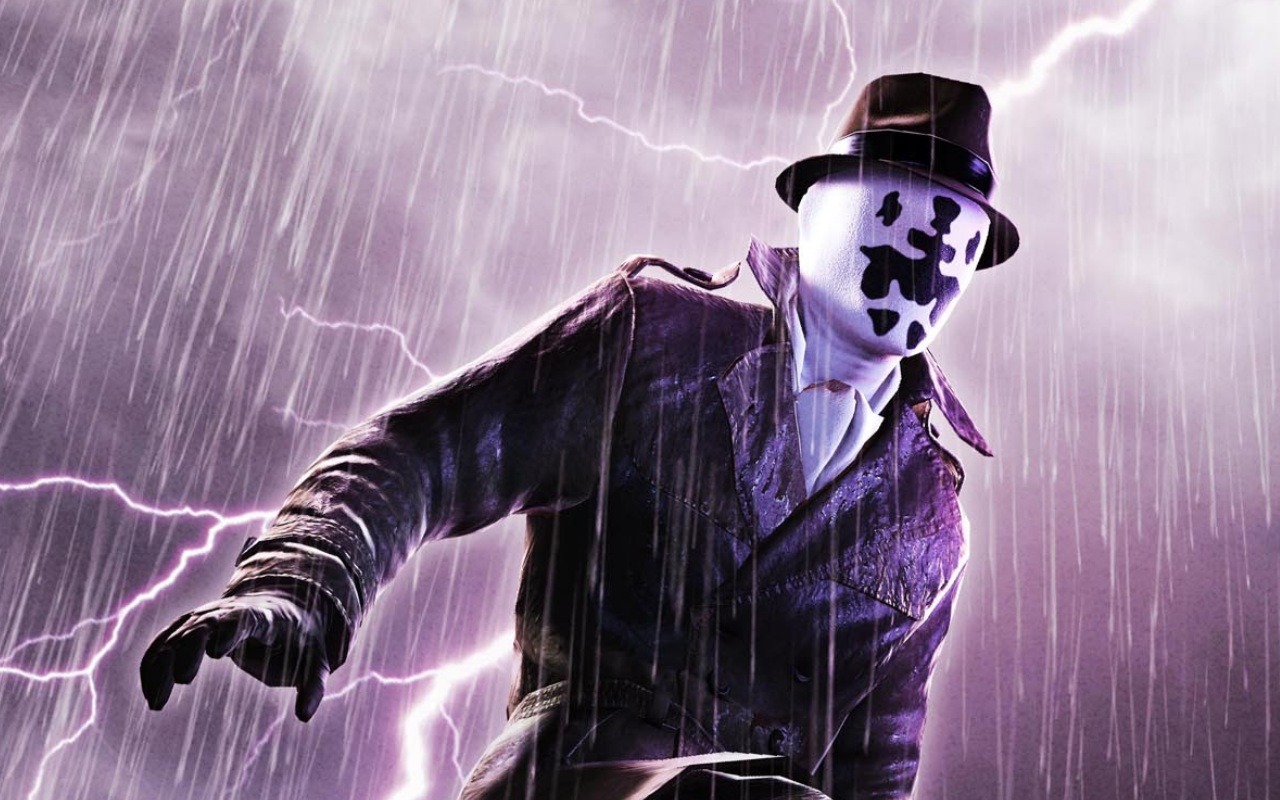


Way back in 2019, legendary director Martin Scorsese started the war when he compared Marvel movies to theme parks, and seemingly ended it with a somber op-ed in The New York Times, in which he talked about the elimination of risk in cinema and the terrifying reality for new filmmakers.Īt the time, when the Is Marvel Bad? war was raging madly on, a fan site devoted to Watchmen scribe Alan Moore, called Alan Moore World, dug up a 2016 interview between Moore and a Brazlilian writer and editor named Raphael Sassaki for the latter’s book, Folha de São Paulo. More than 30 years after it was first published, Moore and Gibbons' masterpiece continues to inspire and entertain readers around the world.In the raging, never-ending debate on whether or not superhero films qualify as art, it seems like we’ve finally ran out of voices to weigh in.

Following two generations of masked crime-fighters from the end of World War II to the height of the Cold War, this compelling tale unfolds from a simple murder mystery into an epic saga of power, corruption and the ultimate meaning of humanity. Set in a world in which history has been forever altered by the existence of superheroes, Alan Moore and Dave Gibbons' monumental graphic novel Watchmen is one of the most influential comic book series of all time. Klinger provides the reader with a unique and comprehensive view of Watchmen as both a singular artistic achievement and a transformative event in the history of comics as a medium.

Klinger, this new edition draws upon critical and scholastic commentary, in-depth interviews with Dave Gibbons, and previously unseen original source material. "This book examines each of the series' twelve issues in unprecedented detail, moving page by page and panel by panel to reveal the hidden foundations of this milestone in modern storytelling.


 0 kommentar(er)
0 kommentar(er)
